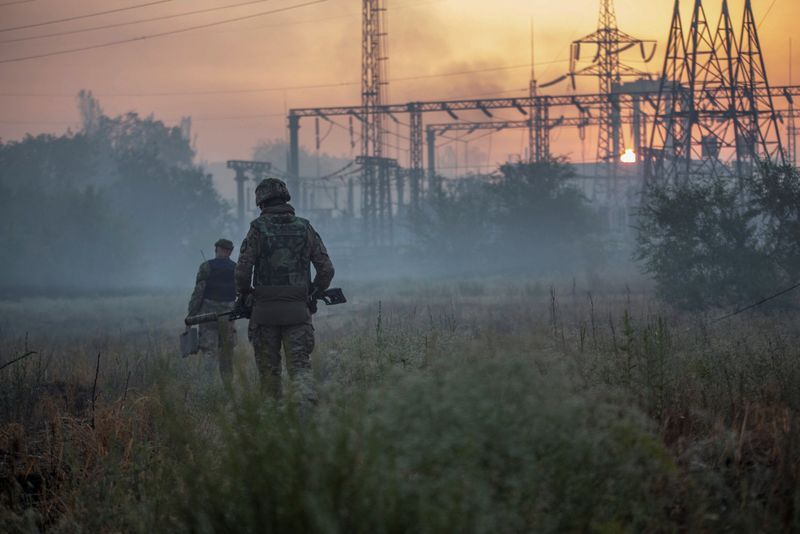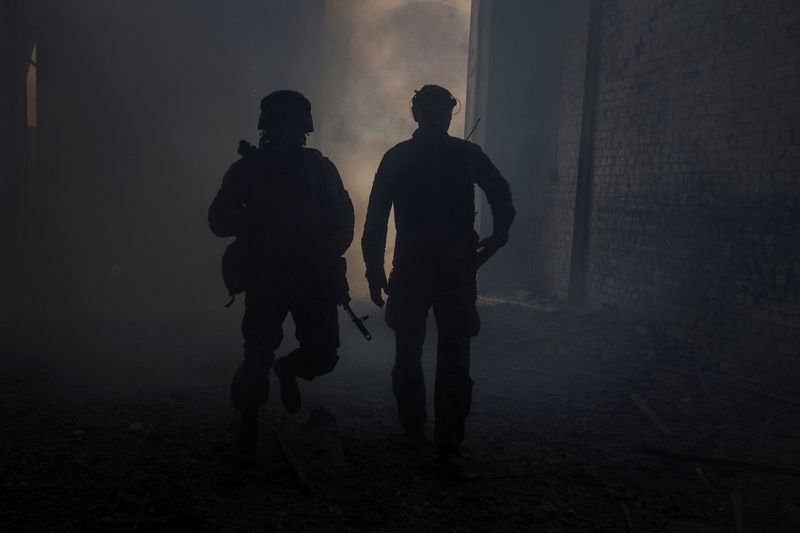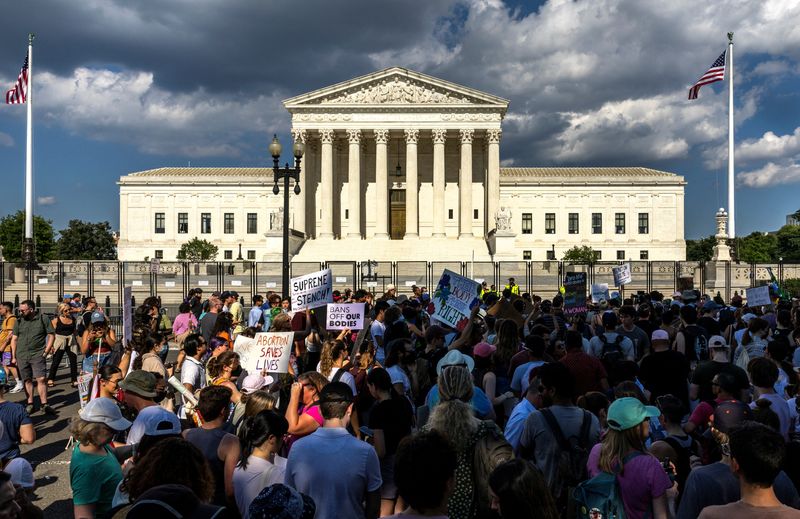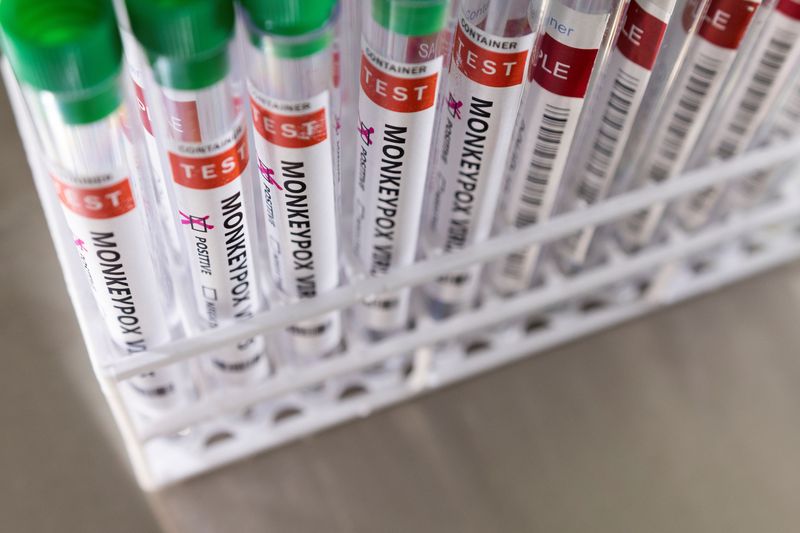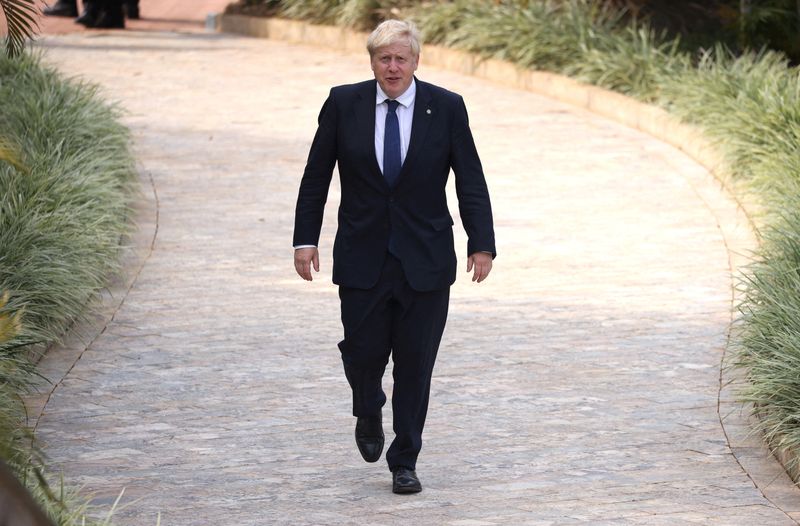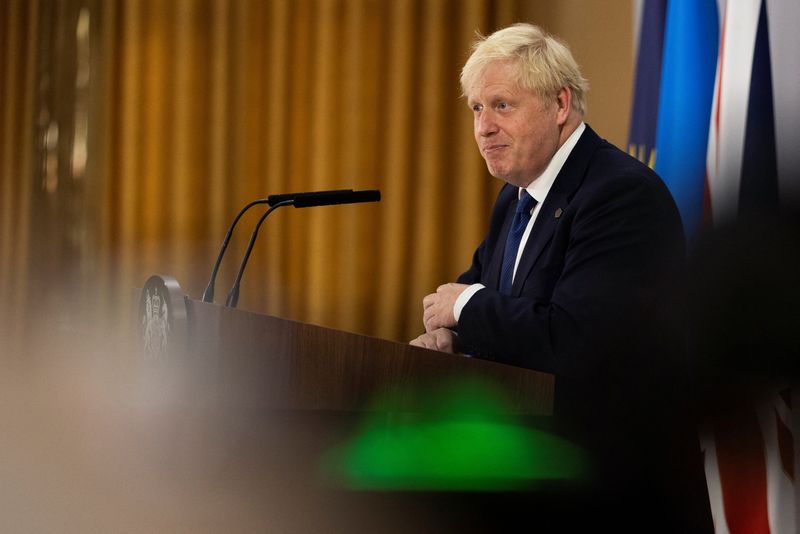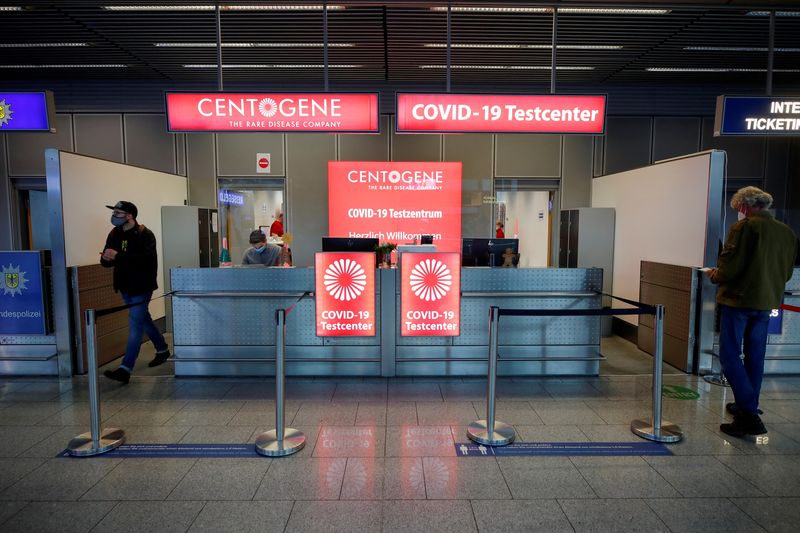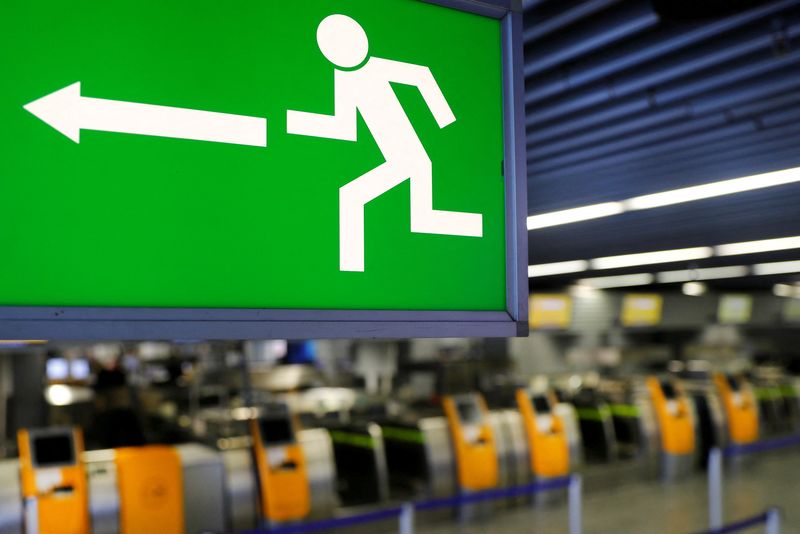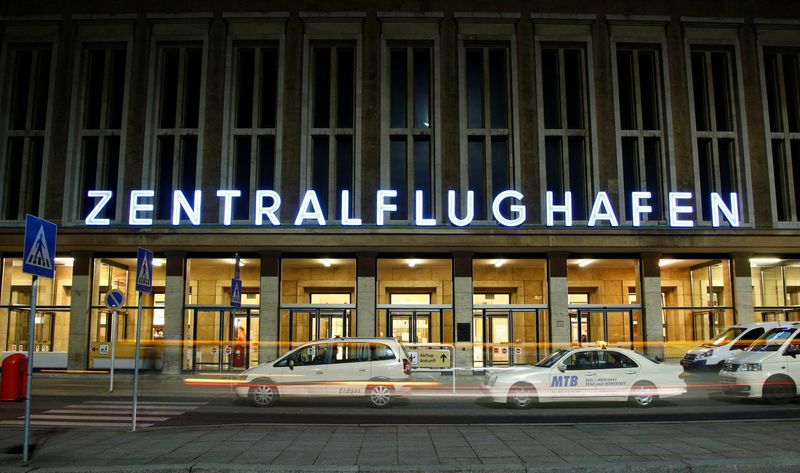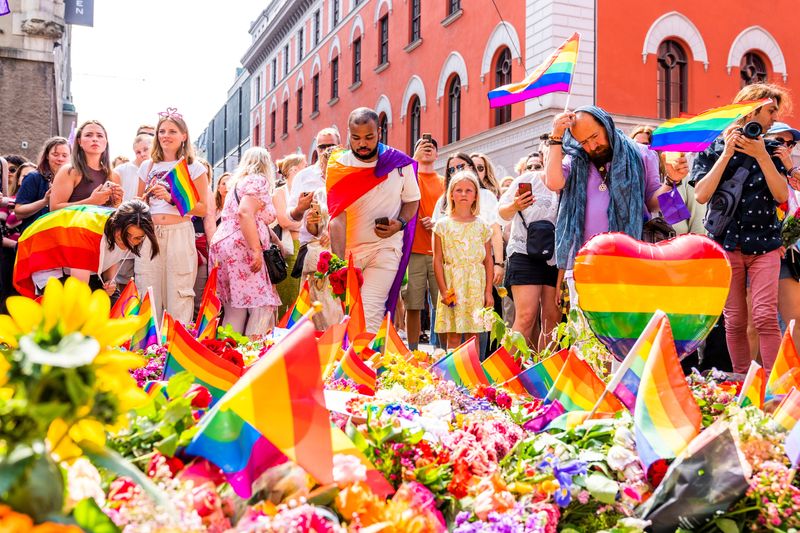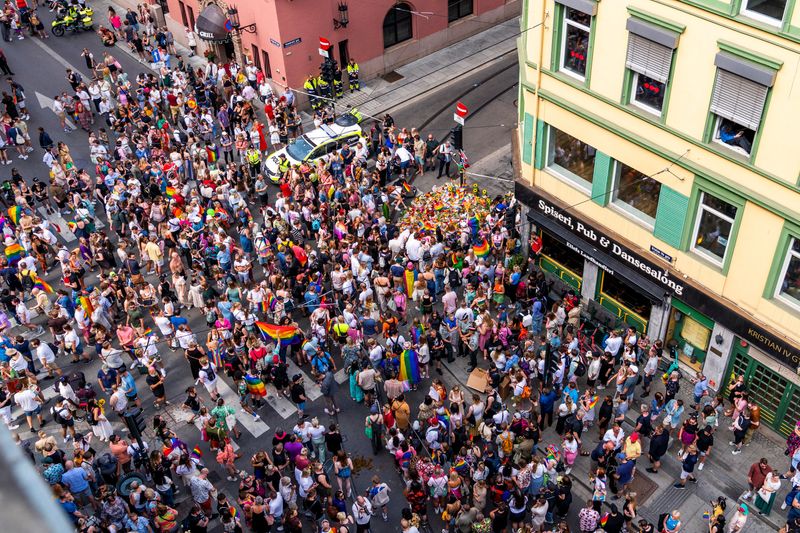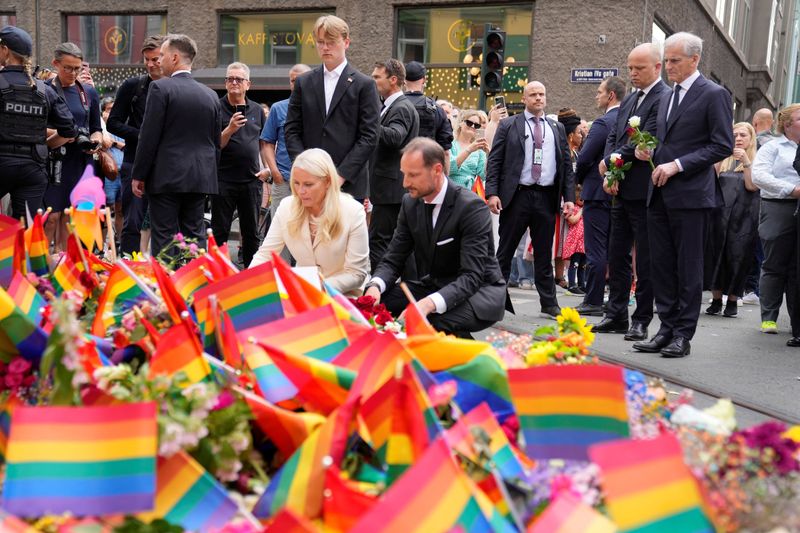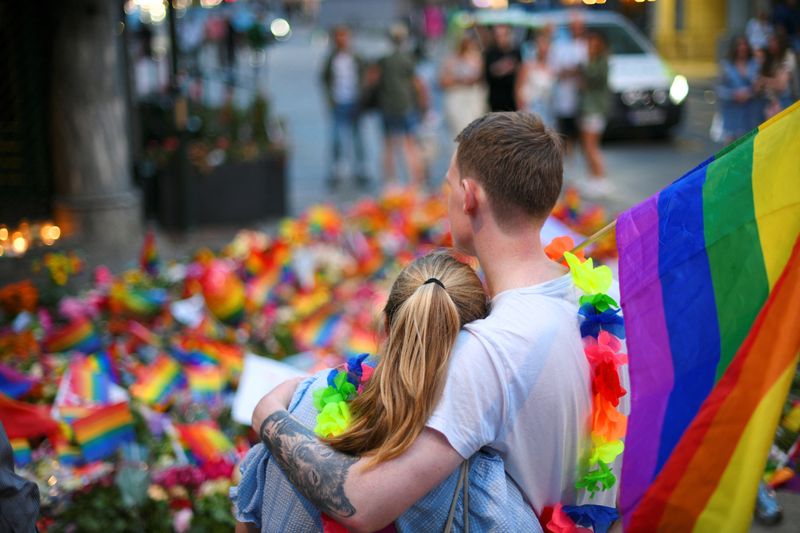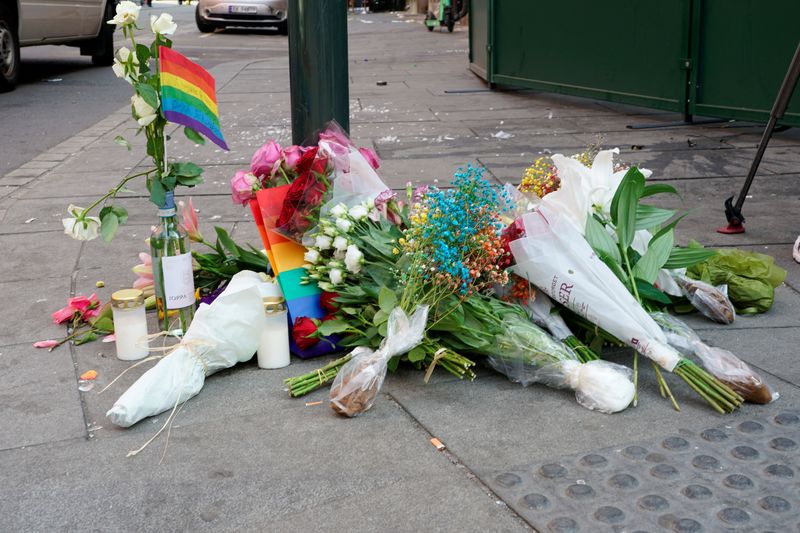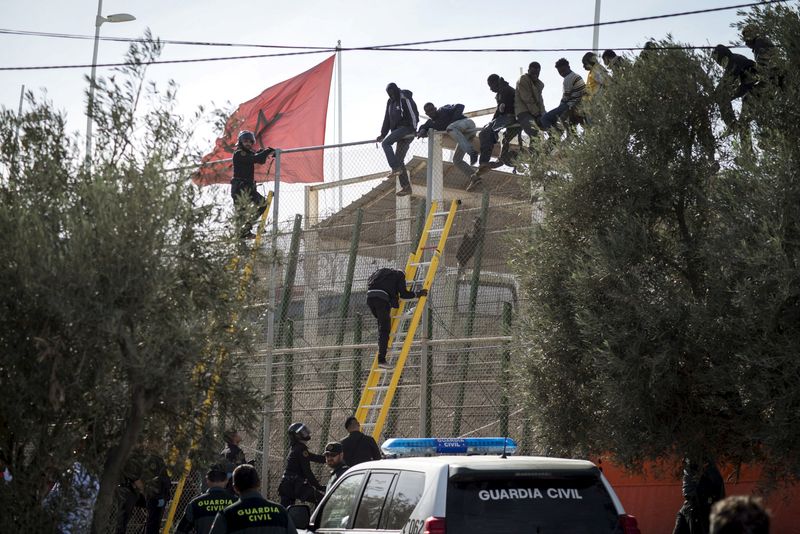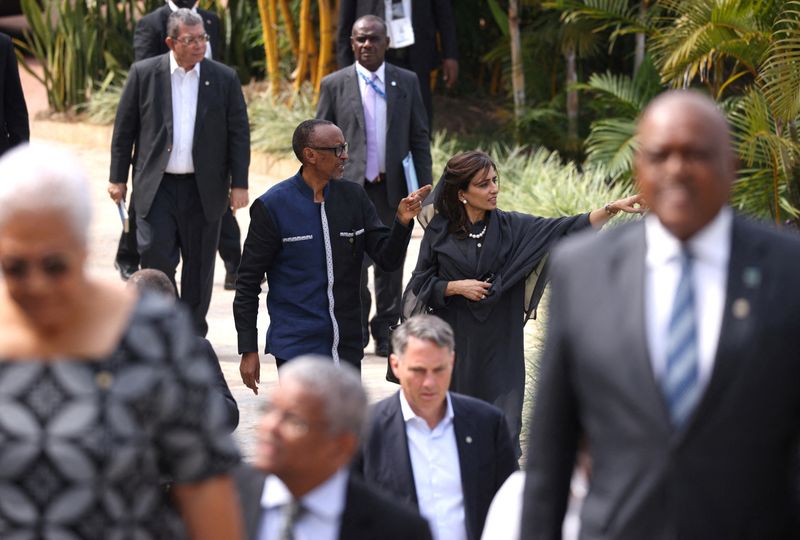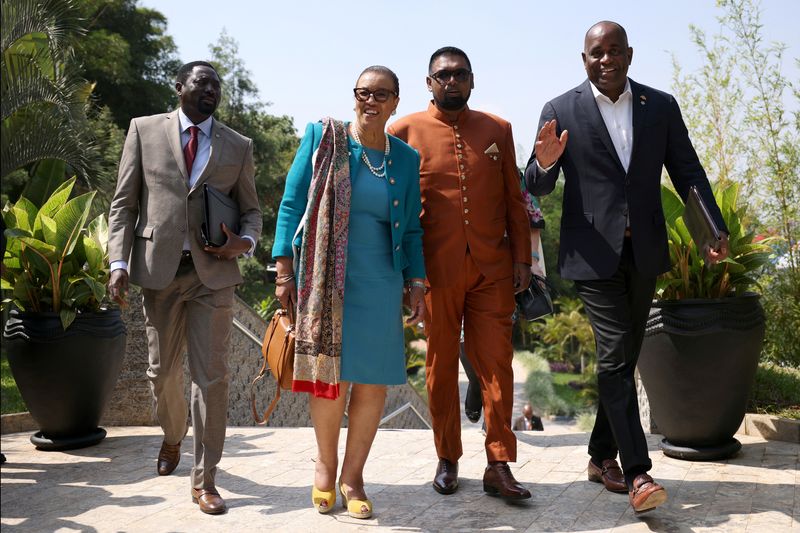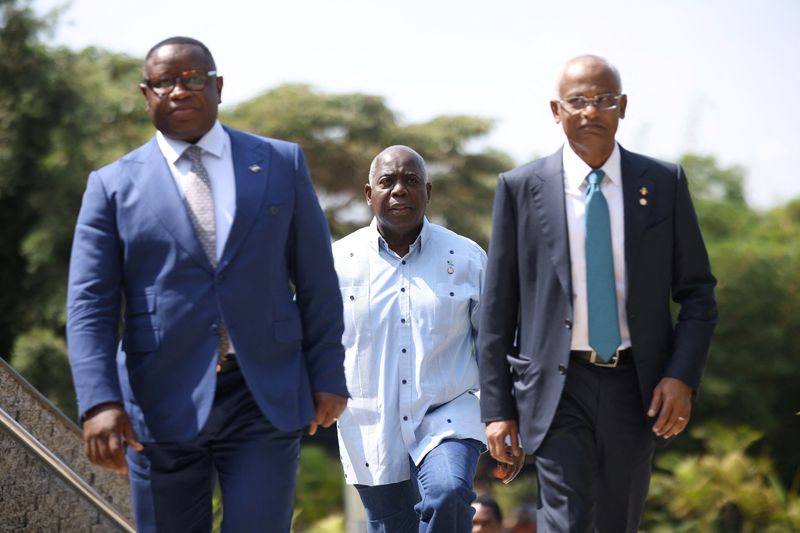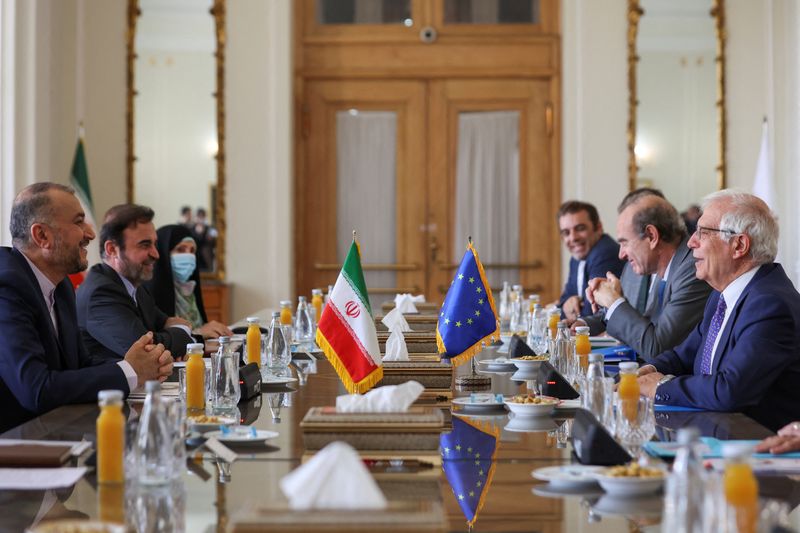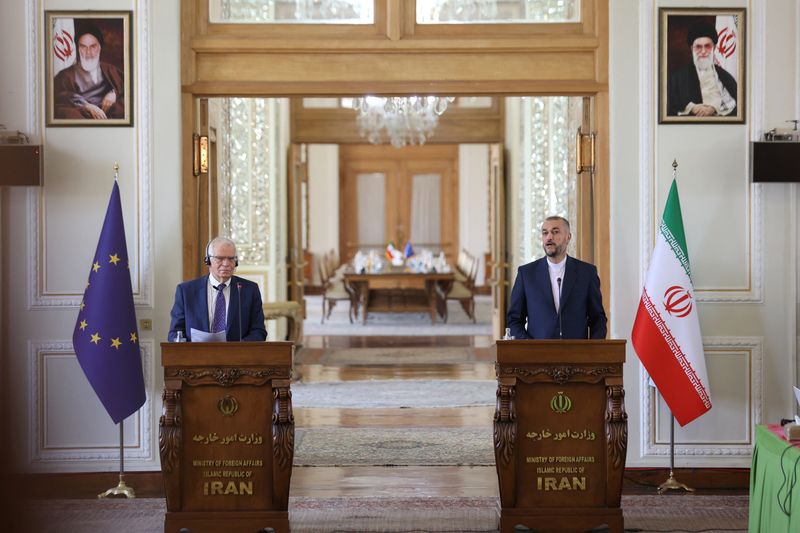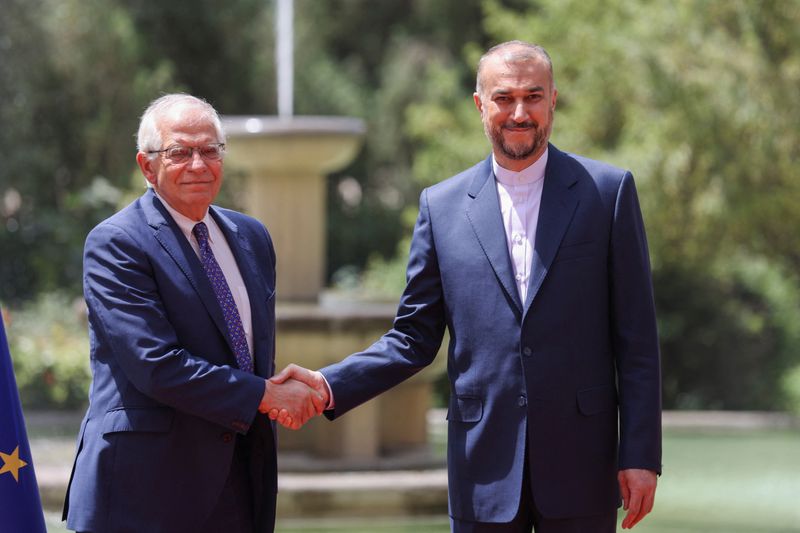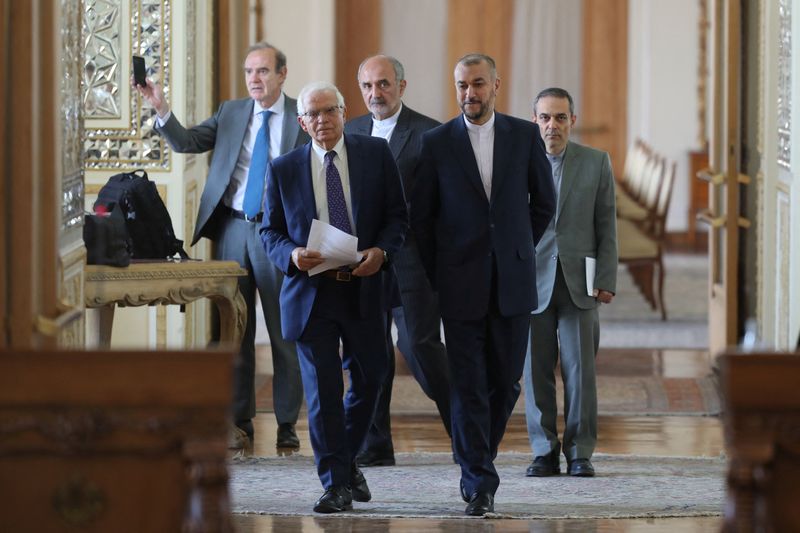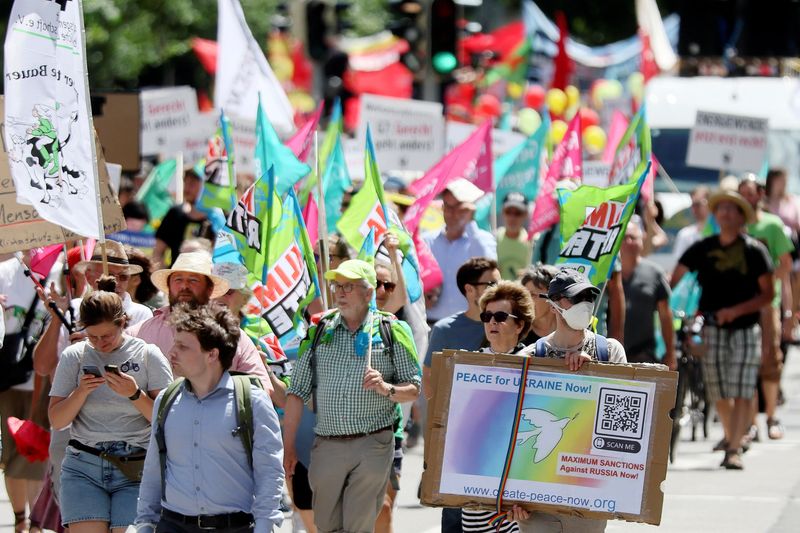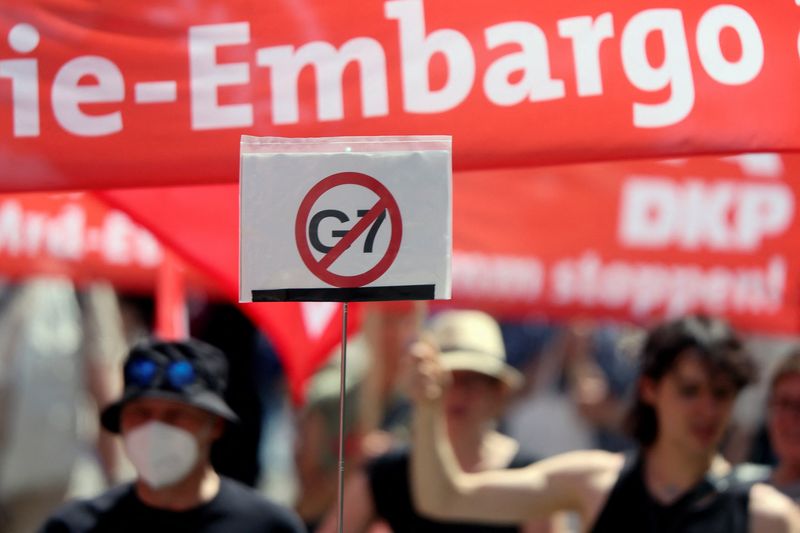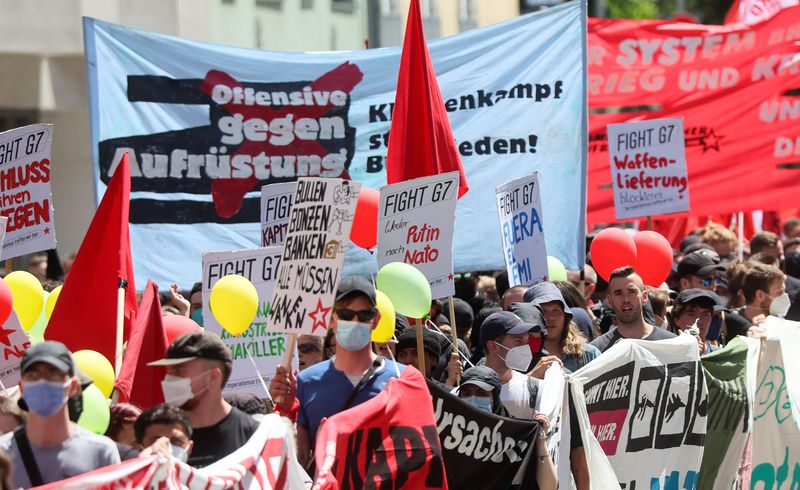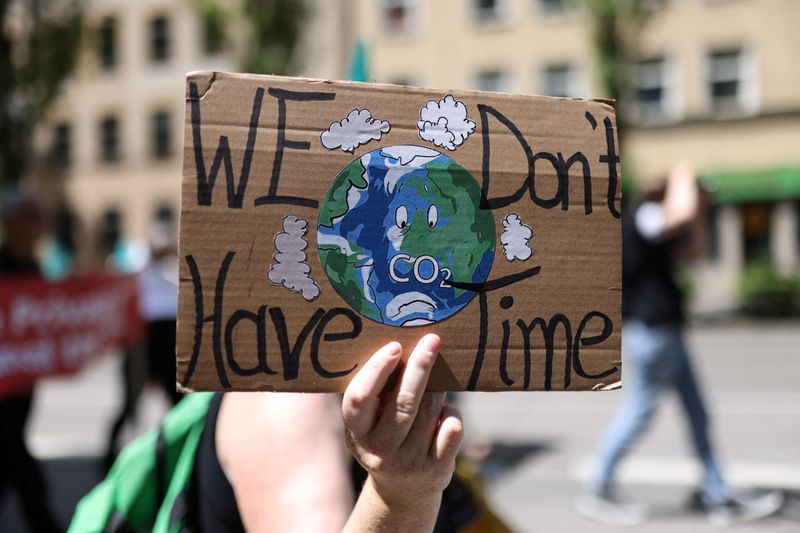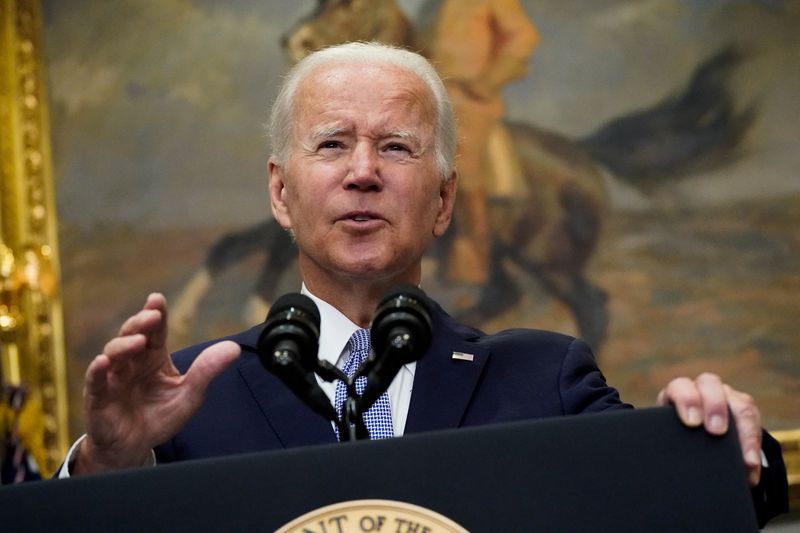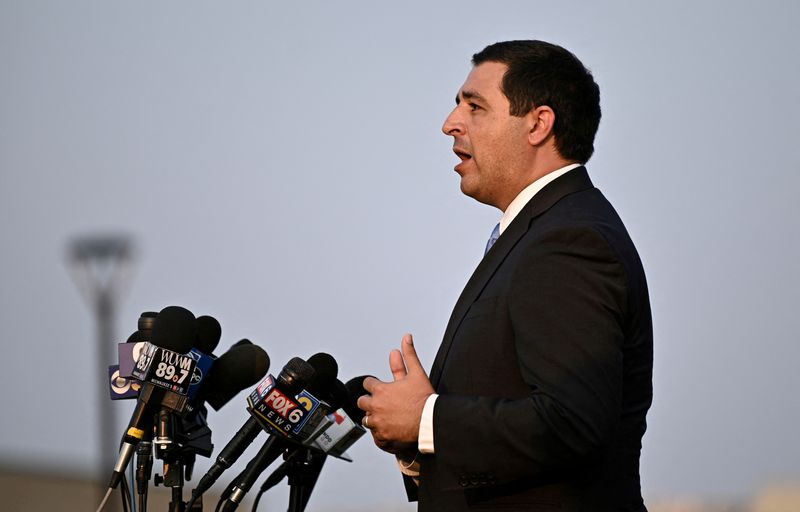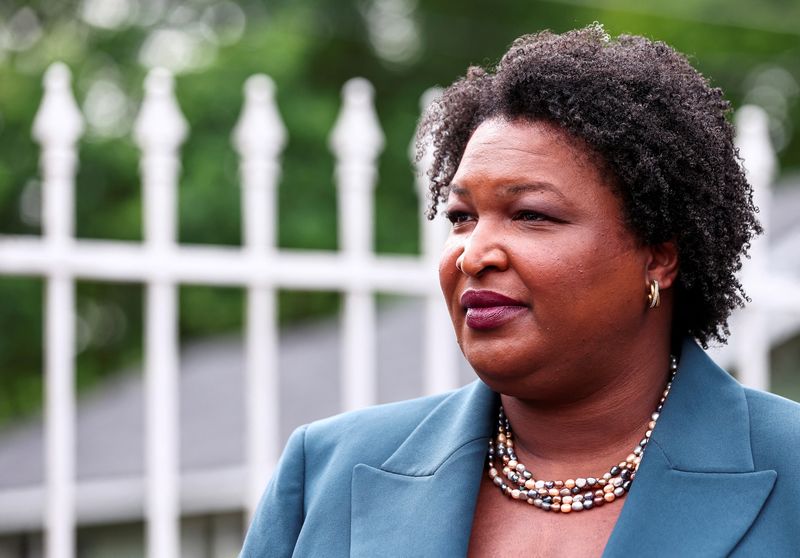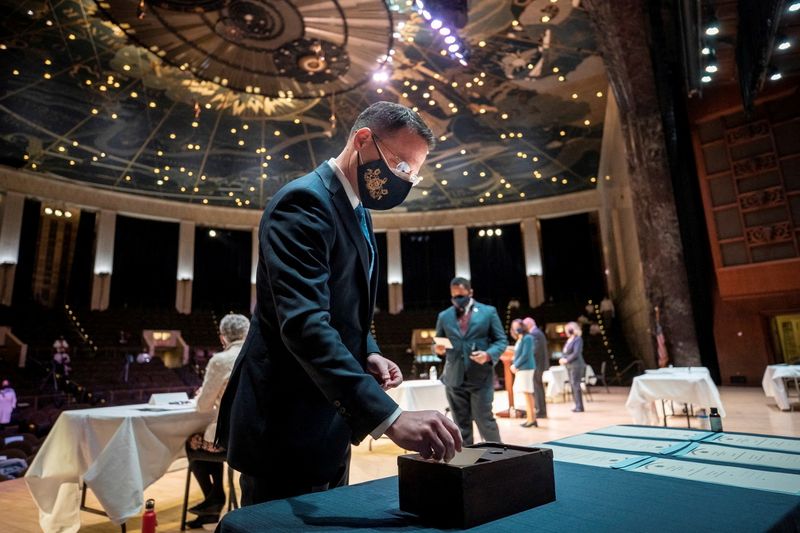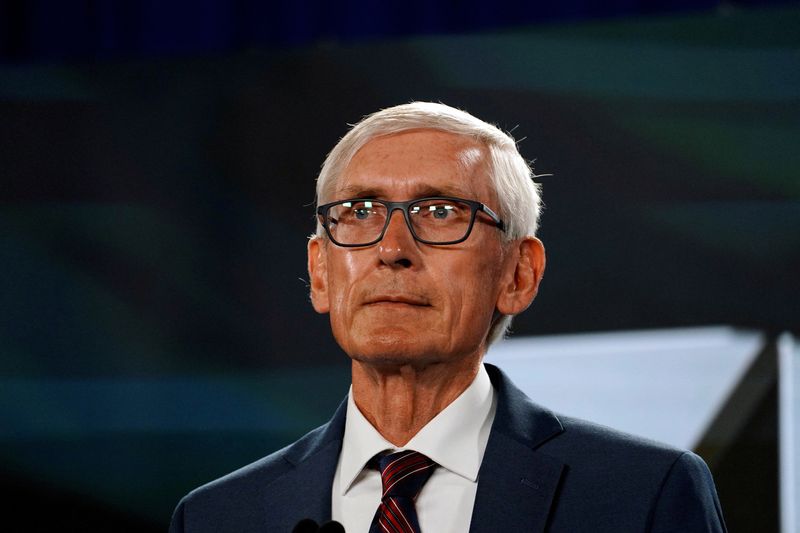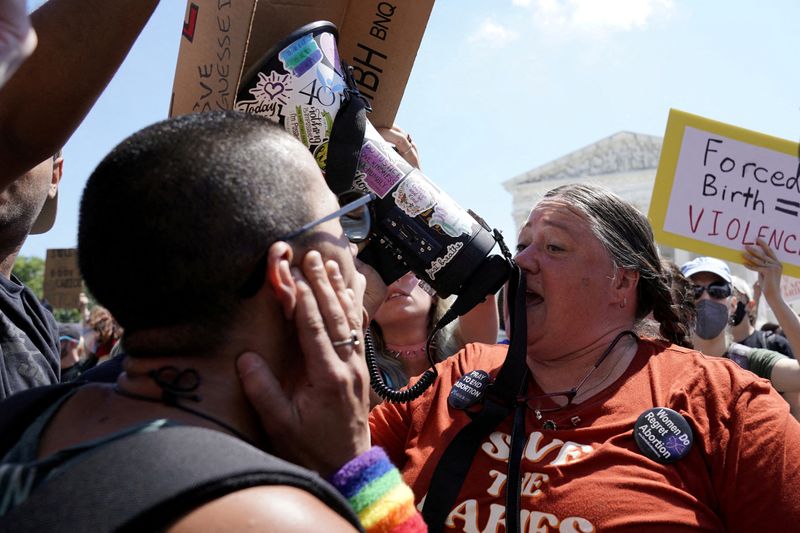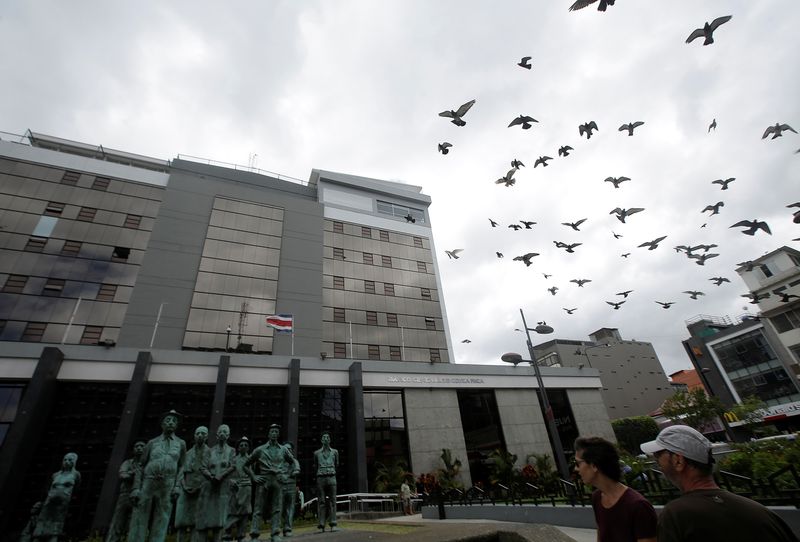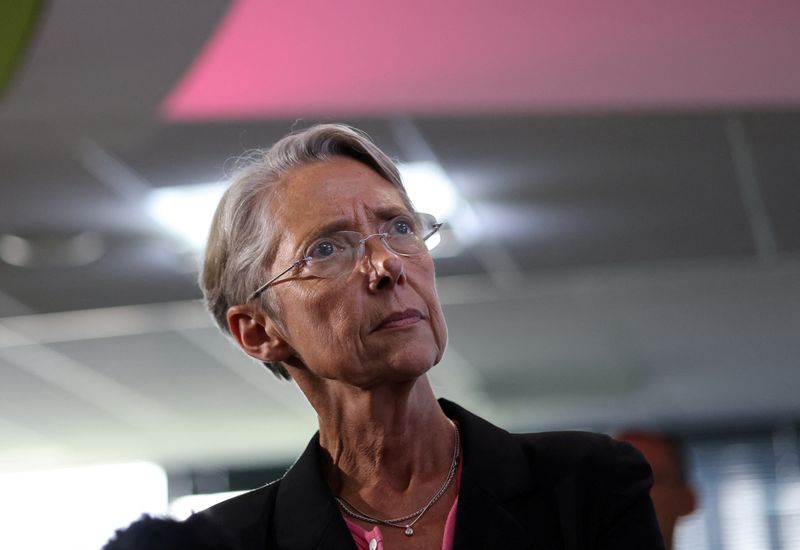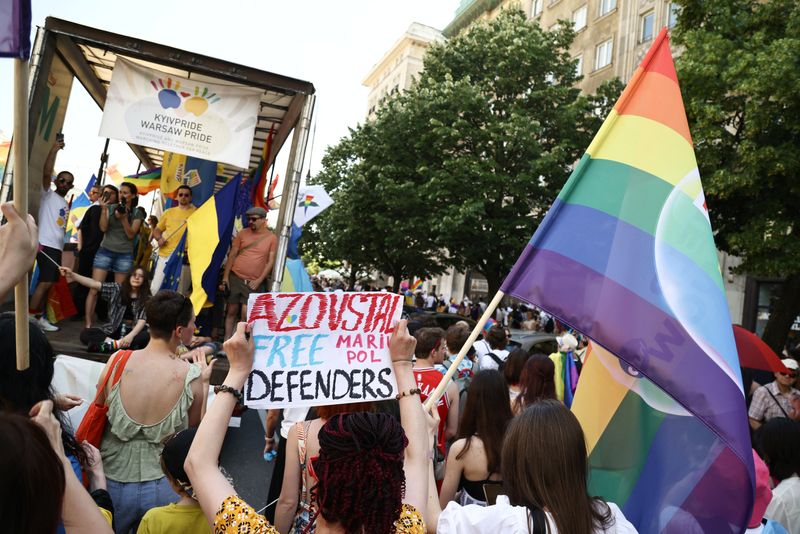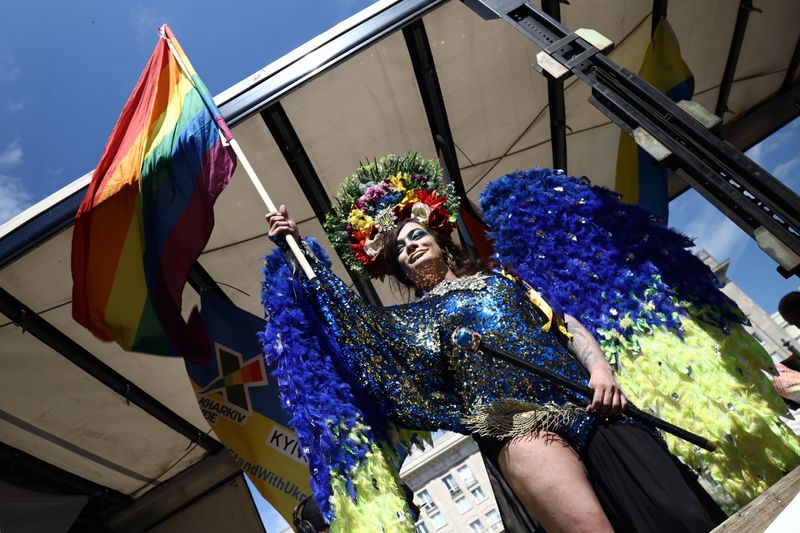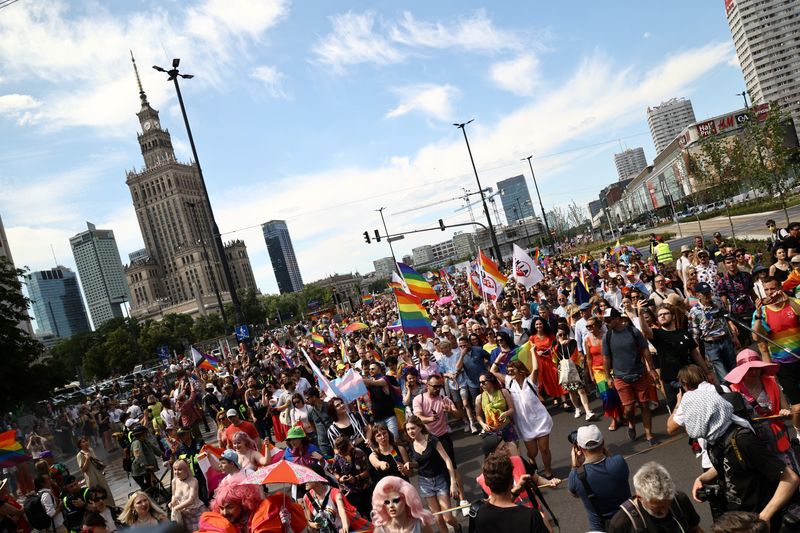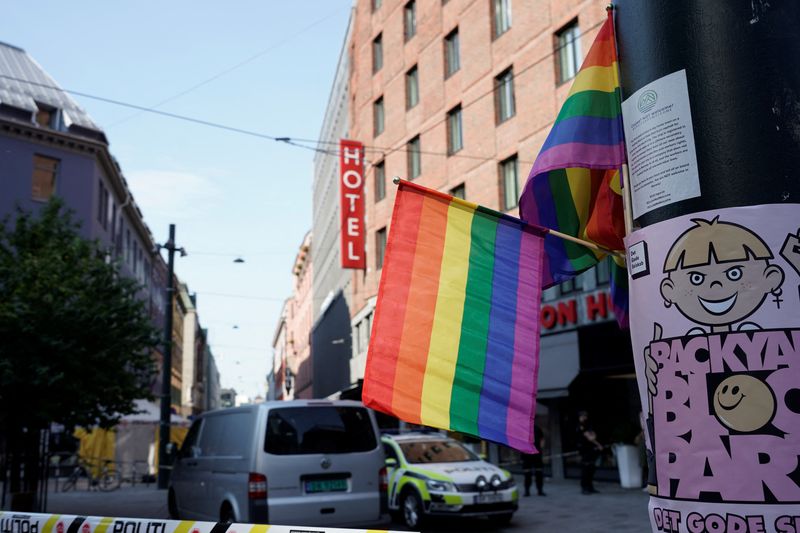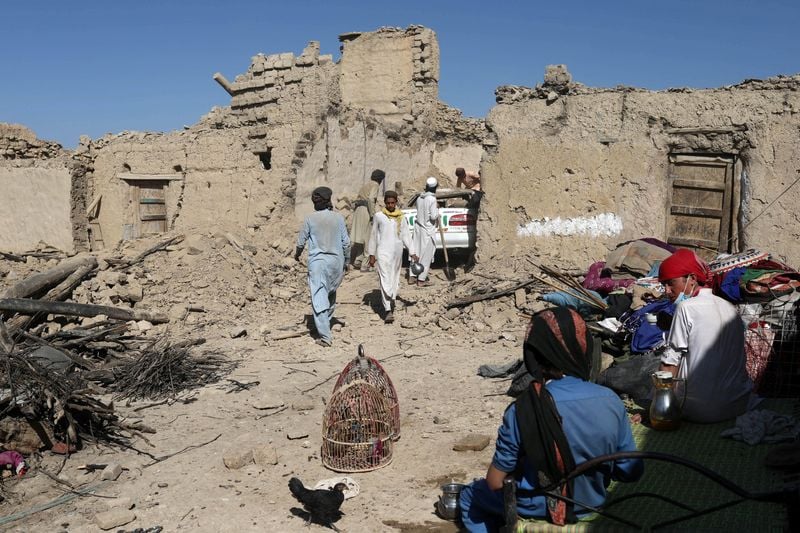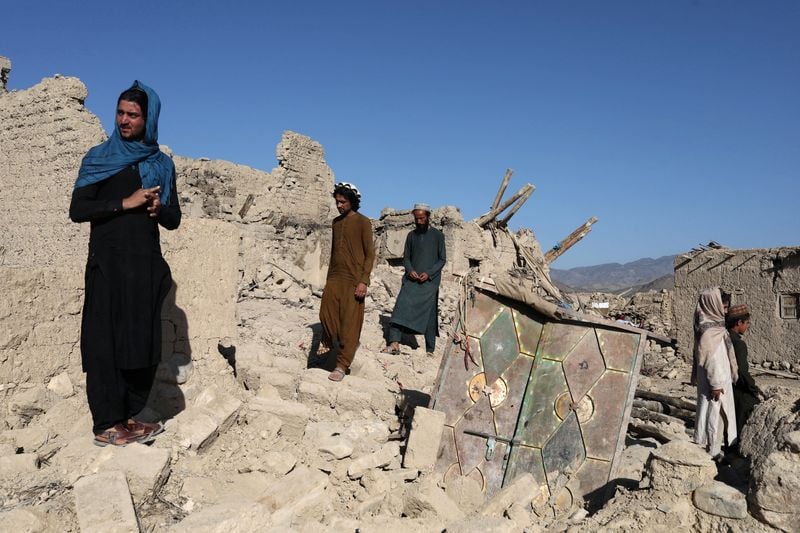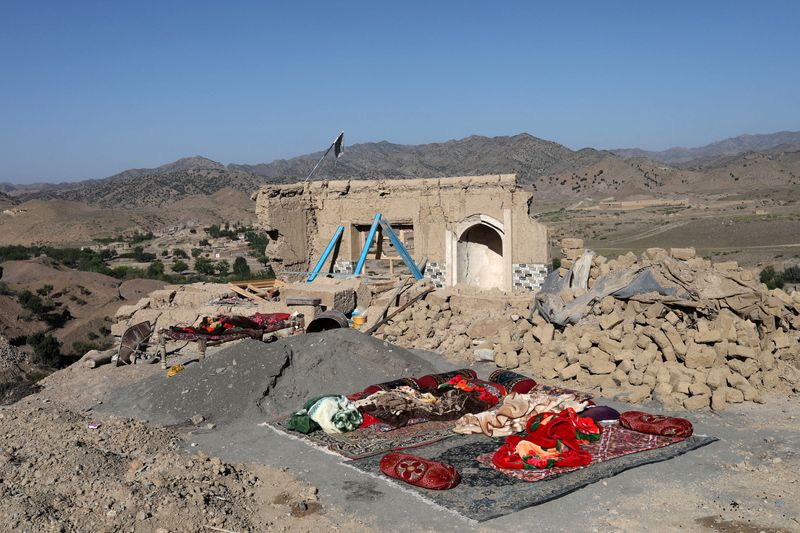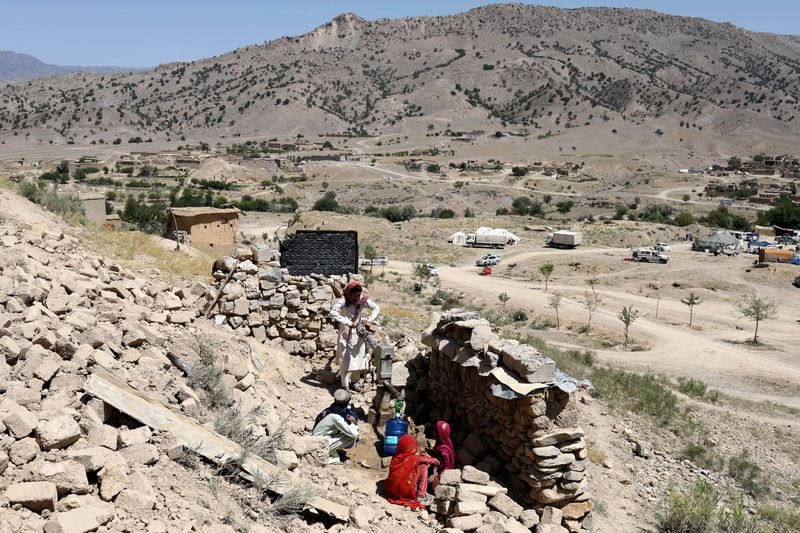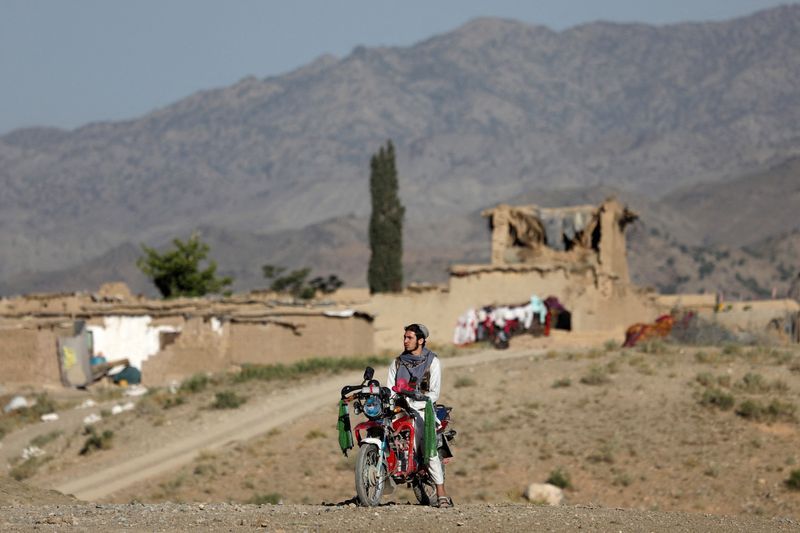By Jonathan Stempel
NEW YORK – Ghislaine Maxwell has been put on suicide watch at a Brooklyn jail, and may seek to delay her Tuesday sentencing for aiding Jeffrey Epstein’s sexual abuse of underage girls, her lawyer said on Saturday night.
In a letter to the judge overseeing Maxwell’s case, Maxwell’s lawyer, Bobbi Sternheim, said her client is “unable to properly prepare, for sentencing,” after officials at the Metropolitan Detention Center on Friday declared the suicide watch and abruptly moved Maxwell to solitary confinement.
Sternheim said Maxwell was given a “suicide smock,” and her clothing, toothpaste, soap and legal papers were taken away.
The lawyer also said Maxwell “is not suicidal,” a conclusion she said a psychologist who evaluated the 60-year-old British socialite on Saturday morning also reached.
“If Ms. Maxwell remains on suicide watch, is prohibited from reviewing legal materials prior to sentencing, becomes sleep deprived, and is denied sufficient time to meet with and confer with counsel, we will be formally moving on Monday for an adjournment,” Sternheim wrote.
A spokesman for U.S. Attorney Damian Williams in Manhattan, whose office prosecuted Maxwell, declined to comment.
Epstein, 66, killed himself in August 2019 in a Manhattan jail cell, where the financier was awaiting trial for sex trafficking.
Maxwell was convicted on Dec. 29 on five criminal counts, including sex trafficking, for recruiting and grooming four girls for Epstein to abuse between 1994 and 2004.
Prosecutors have said Maxwell should spend at least 30 years in prison, citing her “utter lack of remorse.” Maxwell wants a term shorter than 20 years.
The sentence will be imposed by U.S. Circuit Judge Alison Nathan in Manhattan federal court.
Maxwell has been held in the Brooklyn jail since shortly after her July 2020 arrest.
Her lawyers objected multiple times before trial about the confinement conditions there, including last November when Sternheim likened them to Hannibal Lecter’s from the 1991 Oscar-winning film “The Silence of the Lambs.”
(Reporting by Jonathan Stempel; Editing by Sandra Maler)

